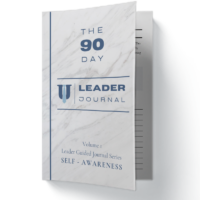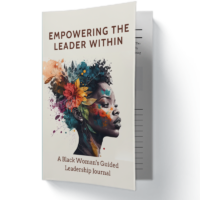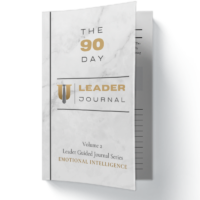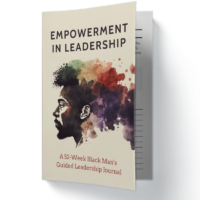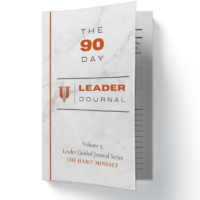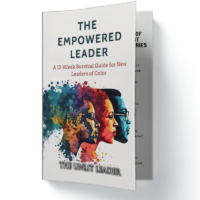
Balance Authenticity & Success
As leaders of color ascend in their careers, it can sometimes feel like we're leaving parts of ourselves behind. As we climb, the faces around us may become less and less familiar, causing us to question: Will we still recognize ourselves when we reach the summit? But what if I told you that you don't have to sacrifice your authenticity for that coveted corner office? By implementing the right strategies, you can remain true to yourself and still achieve great success. Want to know more?
Delve into our specialized leadership coaching programs each designed to foster a harmonious balance between authenticity and success. Whether it’s mastering personal leadership, building robust professional relationships, or setting and achieving meaningful goals, we guide you on a transformative journey towards authentic success.
Become a leader who inspires through authenticity with the Authentic Leader coaching program. Identify your personal values and unique leadership style, and learn to navigate complex workplace cultures. Enhance your emotional intelligence, build your confidence and assertiveness, and set goals that reflect your true self.
Forge robust professional relationships and amplify your communication skills with the Relationship Builder coaching program. Develop effective communication skills, navigate cross-cultural communication, and learn to manage conflicts gracefully. Gain confidence in presenting your ideas and learn to influence and negotiate effectively.
Embark on a journey to success with the Goal Setter coaching program. Discover how to align your personal values with clear, achievable goals, and develop an action plan tailored to your strengths. Transform obstacles into opportunities, manage your time effectively, and track your progress towards success.
Let’s See if We Are a Good Fit
Leadership Coaching Meets Self-Reflection
Explore my collection of meticulously designed journals where I guide you in unlocking clarity and confidence, propelling you towards authentic success without compromise.

Discovering Your Authentic Self
Before embarking on the journey of balancing authenticity and success, we must deeply understand our strengths and weaknesses. Without a clear sense of self, you cannot truly present your authentic self. This is why the Everything DISC assessment is fundamental to every Unlit Leadership Coaching program. As a result, our clients gain tailored insights that enhance their understanding of both themselves and others.
Latest News & Articles
Dive into our collection of articles and insights focused on the nexus of authenticity and success for leaders of color. Explore real-world scenarios, success stories, and strategies to harmonize your authentic self with your professional aspirations.





